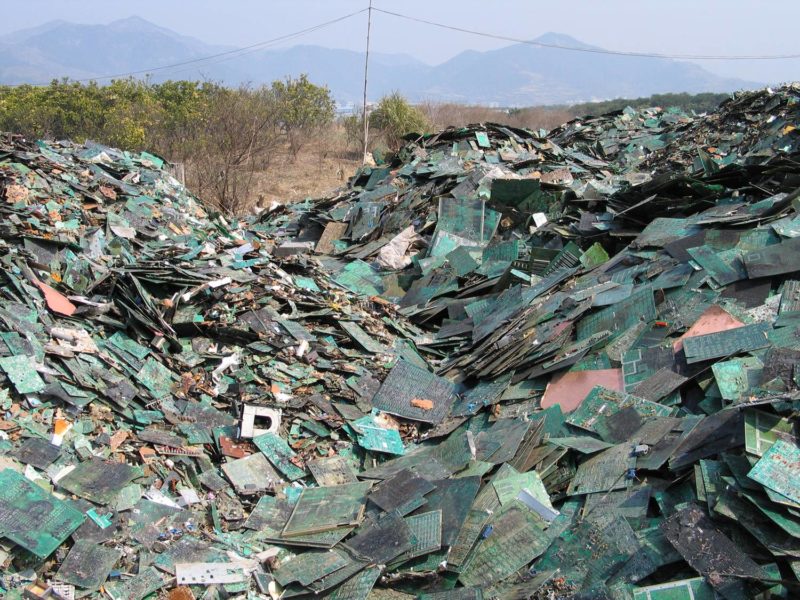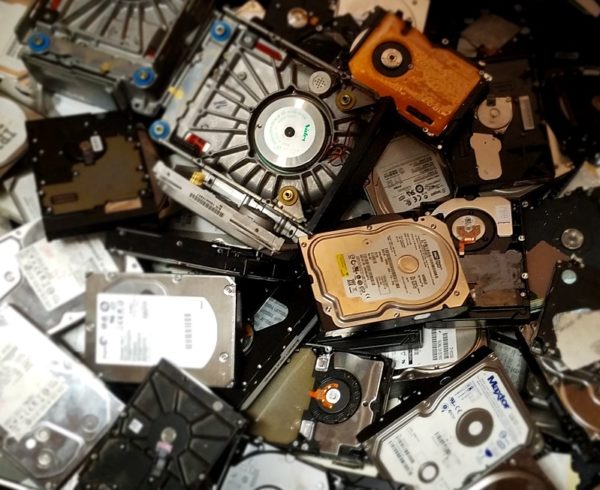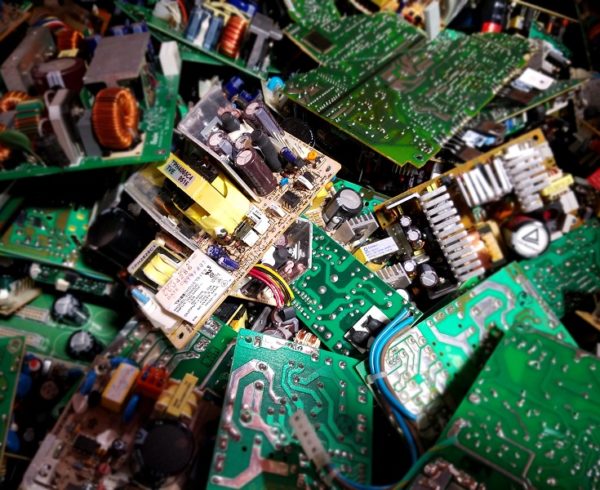Electronics are always developing to greater and more powerful products. With the development of these electronics we are seeing a large amount of electronics making their way to landfills. Approximately 25% of all electronics actually make it to recycling center but that it not because of landfill workers. We hope that this percent will increase as more people understand the need to recycle electronics. Today cell phones have a lifespan of about 18 months and computer laptops have a lifespan of about 2 years, with this in mind we can see how quickly electronics are being replaced.
What is considered as e-waste?
E-waste is any device or tool that is operated with electricity including battery operation. These devices include cell phones, computers, printers, fax machines, monitors, TVs, stereo systems, radios, video game systems, and much more. If you can plug it into a wall or operate it with a battery then it is considered an electronic.
Why is it important to recycle electronics?
Electronics contain several materials that are harmful and toxic to humans and the environment. Cadmium, Lead, Mercury, Beryllium, Polyvinyl chloride (PVC) and other material byproducts through burning becomes toxic and harmful and can cause illness to humans and animals if exposed. These materials can also find their way through the environment when discarded into landfills. Rain runoff can carry these elements into our water sources. Aside from harmful materials it is important to have your electronics’ data destroyed to prevent any risk of a breach from occurring.
Where does electronic waste go?
 If e-waste is discarded in the trash it goes to local landfills where it takes up space and often gets crushed exposing hazardous materials to the environment. Electronic waste that gets sent to recycling centers can lead to various possible options. A couple of these options are re-purposing the items through donations and resale or be sold to downstream vendors where they are taken apart and melted into raw materials. Another option, although highly unethical and should never be done, is e-waste could be sold off to foreign lands where they go through toxic and harmful processes to collect the raw materials and anything not use gets thrown out on the streets or left in piles in open fields.
If e-waste is discarded in the trash it goes to local landfills where it takes up space and often gets crushed exposing hazardous materials to the environment. Electronic waste that gets sent to recycling centers can lead to various possible options. A couple of these options are re-purposing the items through donations and resale or be sold to downstream vendors where they are taken apart and melted into raw materials. Another option, although highly unethical and should never be done, is e-waste could be sold off to foreign lands where they go through toxic and harmful processes to collect the raw materials and anything not use gets thrown out on the streets or left in piles in open fields.
What can be made from recycled e-waste?
Recycled electronics can be turned into new electronics and products of various kinds. Although not every piece of electronics can be recycled a good portions of the material can be reused for new products. Precious metals such as gold and platinum can be extracted from electronics and be melted into jewelry, art, metal plates, and more.
Is it illegal to throw away e-waste in the trash?
While a federal law has not been passed against e-waste disposal many states and counties have adopted laws to prevent the disposal of electronics in local landfills. While recycling can be free in some places, fees may be imposed on recycling electronics in other places due to the amount of labor to dispose of certain materials found in these electronics.
How can you help?
Before you take your electronics to any e-waste recycling center check to make sure they are compliant with e-waste standards and ask them questions to make sure they ethically recycle and process electronics. See our comparison chart to find out how ethical other electronic recycling centers are compared to ours. If you have a lot of electronics that need recycling call California Electronics Recycler at (800) 282-3927 to learn more, you may qualify for a free business pickup. Although we do not provide residential pickups you may drop off your electronics at our local Santa Ana location off the 55 and 405 Freeways.





